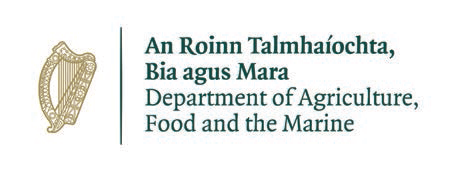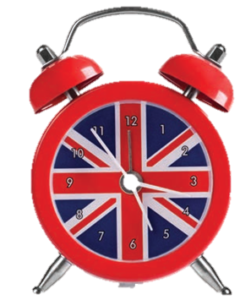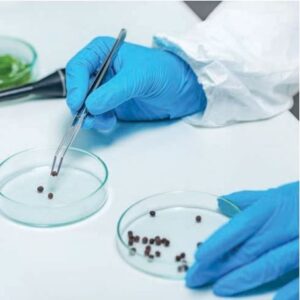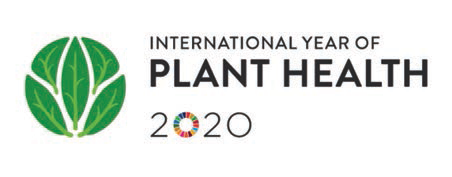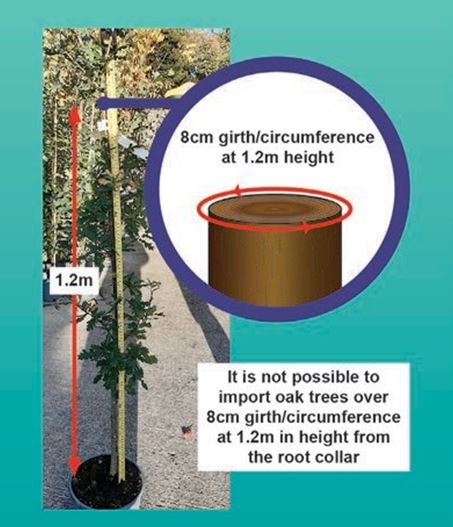Preparing for Brexit
|
Unsolicited Seeds from outside the EU
awareness around this issue and ask members of the public to report these incidences to DAFM. To date, DAFM has received 33 seed packets from members of the public. The seed packages were marked as having originated in China, Vanuatu, Tonga, Malaysia, Singapore, USA and Kyrgyzstan. These seeds have been identified and species have included rapeseed, bamboo, onion, red clover, pigweed, knotgrass, bluegrass and pine. These seeds have been destroyed after identification. DAFM has advised the EU Commission of the situation and is engaging with the other Member States, the Commission and other countries in relation to the seeds. Under the EU Plant Health Regulation, all plants and plant products – including seeds – from outside of the EU should be accompanied by a phytosanitary certificate. This is to ensure the plants/seeds are not invasive species or contain any pests or diseases which would have an adverse impact on Ireland’s horticulture industry or its biodiversity. DAFM regularly perform checks on imported plants and plant products to prevent the introduction of pests and diseases into Ireland. These checks are conducted as part of DAFM’s Plant Health and Bio-security Strategy 2020- 2025. For more information about this strategy please visit: www.agriculture.gov.ie/dontriskit/planthealthbio-securitystrategy/
|
International Year of Plant Heath 2020 Update
Given the extraordinary times we now live in, our IYPH events have moved to online virtual events which are a new experience for us all. We have started to run these events with stakeholders such as Teagasc. Outdoor events such as tree plantings are also being planned where Covid-19 guidelines can be observed. If your business or organisation is interested in getting involved or requires further information please contact us at: IYPH2020@agriculture.gov.ie or (01) 5058885. ✽ |
The Bare Root Season is Underway
We have now entered the dormant months and the bare root/root ball trading season is underway. As always we should source Irish grown plants and trees from the excellent nursery operators throughout Ireland. Where this is not possible, we need to ensure we import from reputable sources which meet the strengthened plant health requirements set out in the new Plant Health Regulation ((EU) 2016/2031), which came into effect on the 14th December 2019. This is especially true for our native oak tree following our first interception of Thaumetopoea processionea, Oak Processionary Moth (OPM), in June of 2020. This pest was found on Quercus patrea, which was imported from Belgium. The caterpillars were removed from the tree and destroyed. The infected tree and the associated batch was destroyed. An intensive survey, involving trapping and visual inspection was carried out in the area and there were no other findings. Ireland has a Protected Zone for Oak Processionary Moth. As part of the new plant health regulation, plants for planting of Quercus L, other than Quercus suber, with a girth of at least 8cm measured at a height of 1.2m above the root collar must comply with at least one of the following requirements:
After recent exchanges with other EU Member States (MS), it is the Department of Agriculture, Food and Marine’s (DAFM) understanding that other MS cannot meet the new criteria. Therefore, it is not possible to import Quercus with a girth of at least 8cm measured at 1.2m above the root collar to Ireland. Quercus plants under 8cm girth when measured at 1.2m above the root collar can still be imported from other MS. Furthermore, there is a requirement to pre-notify all importation of Oak to DAFM at least 48hrs in advance of its arrival. The following particulars of each consignment are required:
These strengthening measures on the importation of Oak will help to protect our protected Zone for OPM and give our industry the opportunity to become an exporter of Quercus within Ireland’s protected Zone. When purchasing trees ensure that they are delivered with a valid plant passport, which sets out the traceability of the product. Email any notifications or queries to the Department of Agriculture, Food and the Marine at the following email address: plantandpests@agriculture.gov.ie. ✽ |



